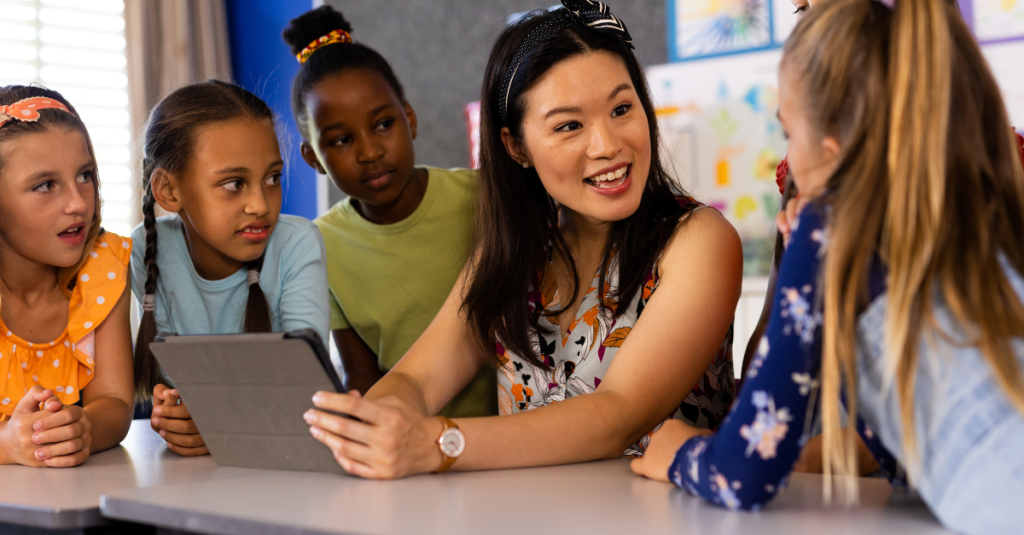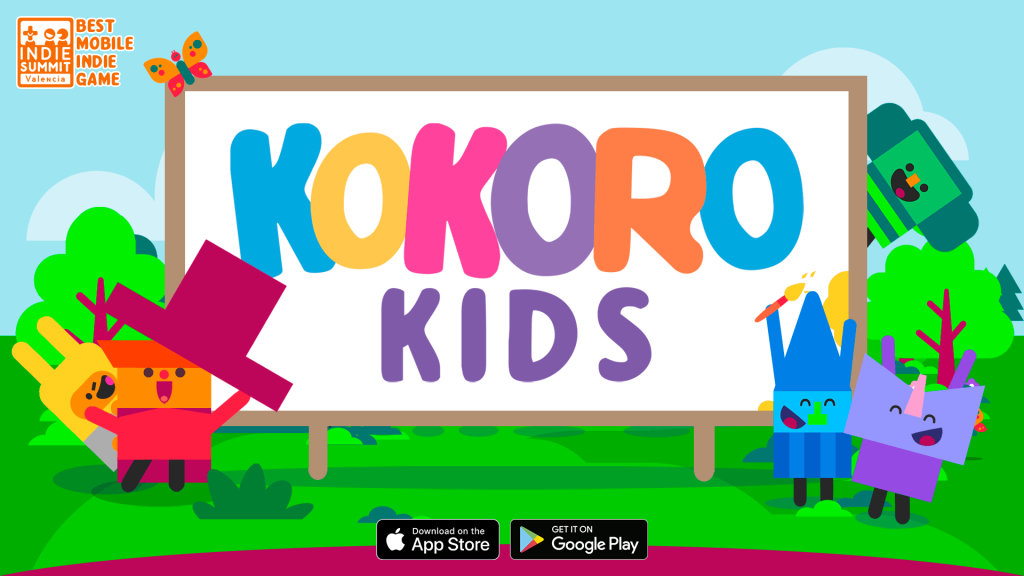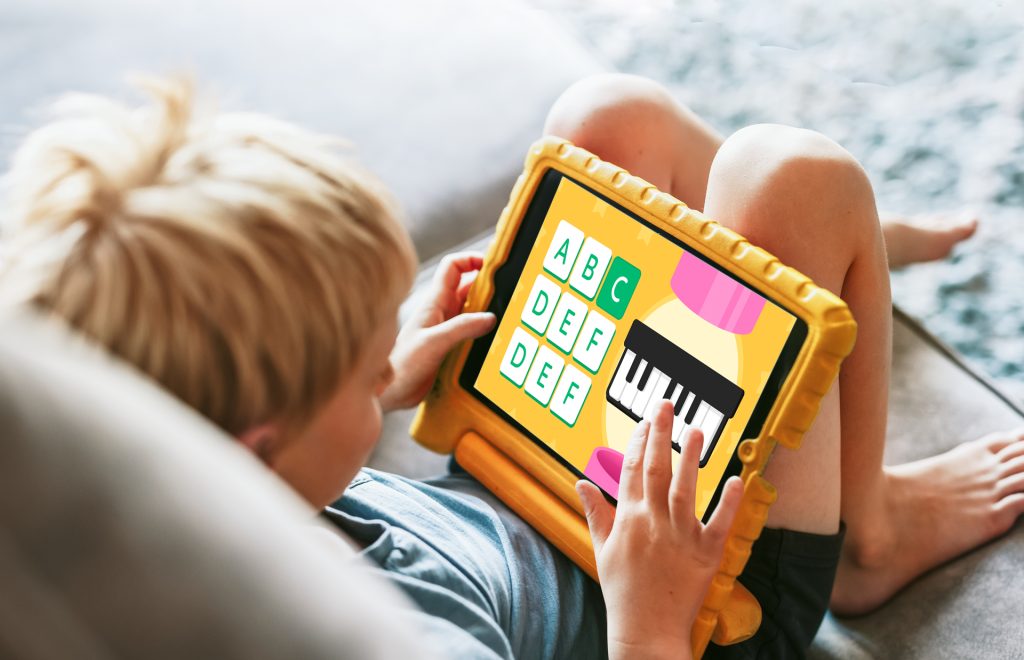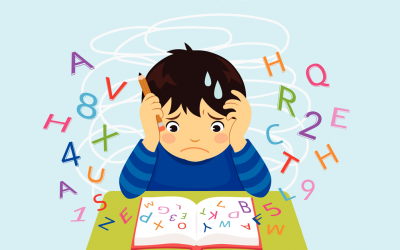In today’s digital age, technology has transformed the way we relate to the world and the way we acquire knowledge. Education is no exception, and game-based learning methodology has found a special place in this new environment. The combination of play, technology and education offers children a unique and motivating learning experience.
Technology is engaging and highly interactive and has the ability to capture children’s attention. Digital educational games provide a stimulating environment that arouses their curiosity and fosters their intrinsic motivation, leading them to be more engaged and involved in the learning process. It also allows them to learn in an active and participatory way. By interacting with educational games and apps, they can experience concepts and situations in a practical and meaningful way, which facilitates a deeper and more lasting understanding.

Strategies for introducing technology in the classroom
As technology continues to evolve, it has become crucial to carefully select educational apps and programmes to ensure that they meet quality standards and are appropriate to learning objectives. Attention must be paid to content quality, interactivity, feedback and customisability.
While technology can be a valuable tool for learning, it is essential to set appropriate time and usage limits. It is recommended that a balanced schedule be established that includes time for active play, social interaction and other non-technology related educational activities.
It is also important for parents and educators to be present and actively observe the use of technology. This involves being aware of the resources they use, understanding their content and evaluating their quality. The key is to be able to track children’s use and progress with digital tools.
What is the value of technology in play-based learning?
The main thing we find is that technology allows us to tailor the educational experience to the individual needs of each child. By incorporating interactive elements and adjustable difficulty levels, digital games can be adapted to each child’s pace and skill level, providing a personalised learning experience. This ensures that each child can progress at their own pace and make the most of their potential.
Another important point is that it allows for immediate and continuous feedback. Children receive instant feedback on their actions and decisions in the game, helping them to understand the consequences of their choices and to make adjustments and new responses in real time.
Digital educational games give children the opportunity to face challenges, make decisions, create strategies, analyse information and think about what they are doing. All of this helps develop their critical thinking.
How does Apollo Kids integrate play-based learning?
With the educational experience of Kokoro Kids we are able to offer children a space where they can learn about different contents and acquire key skills for their future.
Quality educational content: All games are created by experts in education and neurodevelopment. Children have the opportunity to participate in a wide variety of games that cover skills such as logic, memory or attention. They can also learn and practise fundamental skills such as counting, sorting, categorising, sequencing and matching, among many other topics.

Positive feedback and rewards: This helps them stay motivated and engaged in learning. Rewards can include trophies, gifts to personalise their avatar or unlocked levels, which creates a sense of achievement and satisfaction for children.
Adaptability and customisation: The app adapts to each child’s level and progress. As children complete activities, the app adjusts the difficulty to suit their individual needs. This allows for personalised learning and ensures that each child can progress at their own pace. We are integrating new functionalities
We actively involve parents in their child’s learning process: Parents can access a report with information to get an overview of their child’s progress, see the areas in which they are improving, their achievements and milestones reached.




